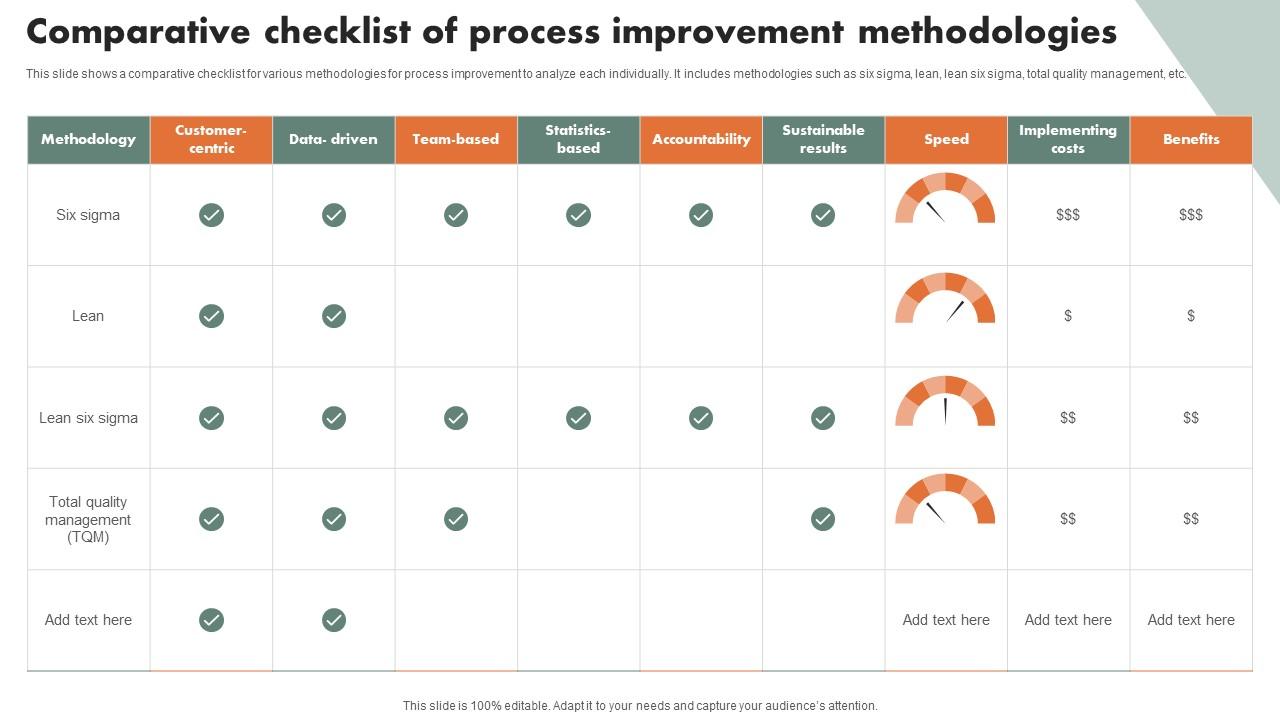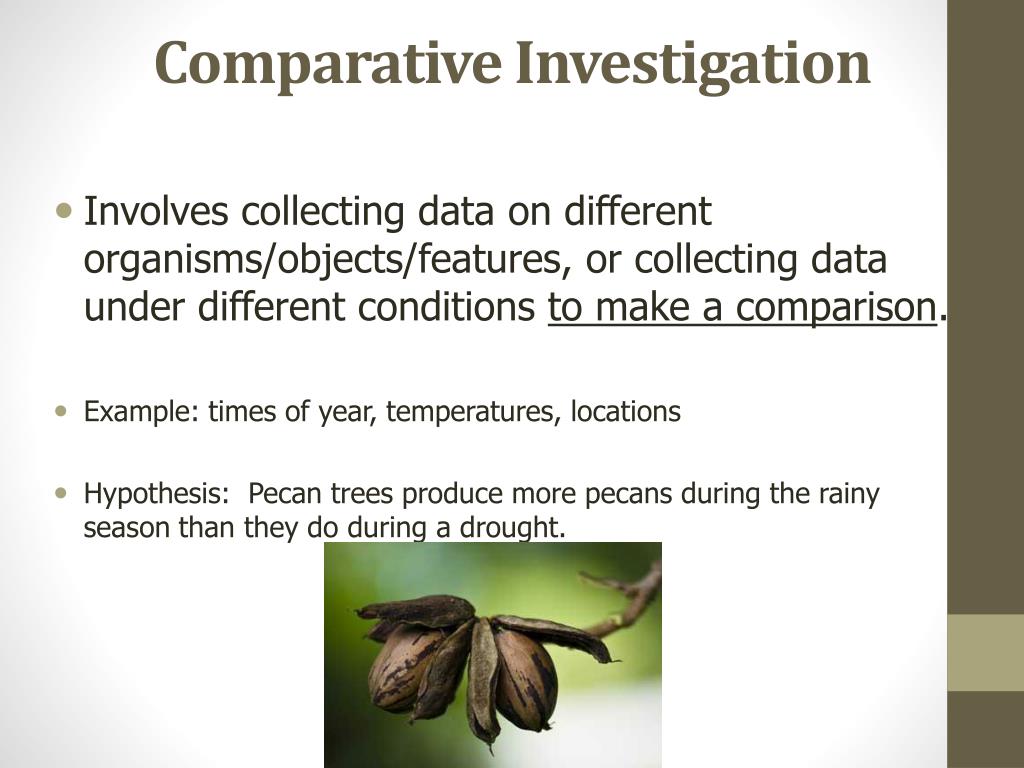· discover the power of comparative adjectives! In grammar, a comparative is an adjective or adverb form used to make a comparison between two nouns, such as people, places, or things, to describe actions (verbs), or the words describing verbs (other adverbs). For example, sweeter is the comparative form of sweet, and quicker is the comparative form of quick. Learn to compare and express differences or similarities effectively with our comprehensive guide. This english grammar lesson focuses on comparatives, with a grammar explanation, a quiz, and listening/speaking activities. · in this guide, we discuss everything you need to know about comparative adjectives, from the spelling rules, to when to use more, to clearing up the comparative-versus-superlative-adjectives confusion. In general linguistics, a comparative sentence serves to express a comparison between two (or more) entities or groups of entities in terms of a certain quality or action. A comparative is the form of adjective or adverb used to compare two things. … to form the comparative, we use … The meaning of comparative is of, relating to, or constituting the degree of comparison in a language that denotes increase in the quality, quantity, or relation expressed by an adjective or adverb. A comparative sentence contains an adjective or an adverb in the comparative degree. See examples of comparative used in a sentence. Learn about comparative and superlative adjectives and do the exercises to practise using them. Comparative adjectives compare one person or thing with another and enable us to say whether a person or thing has more or less of a particular quality: Of or relating to comparison.
Comparative Investigation Checklist Avoid These Costly Mistakes
· discover the power of comparative adjectives! In grammar, a comparative is an adjective or adverb form used to make a comparison between two nouns,...




